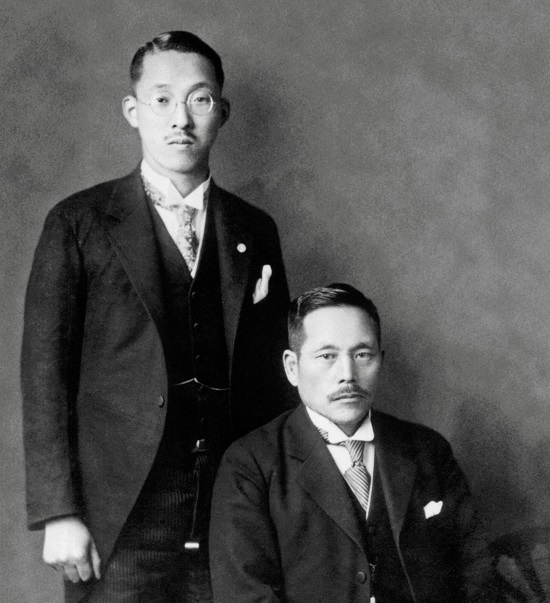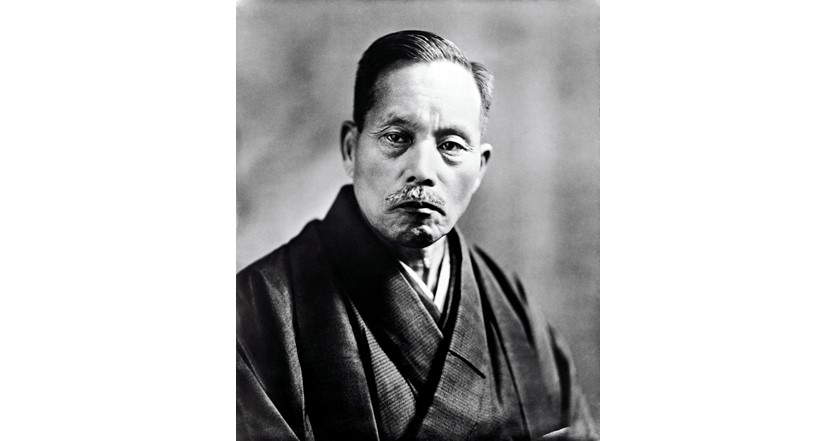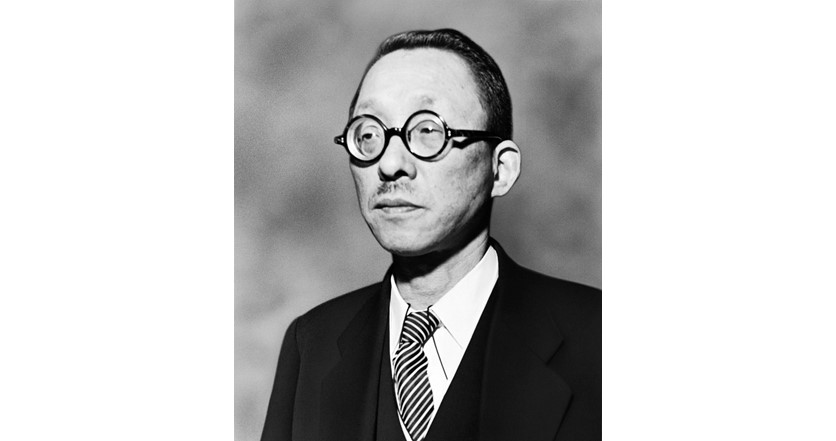
Soka Gakkai Singapore (SGS), formerly known as the Singapore Soka Association (SSA), promotes and supports arts events and cultural activities with the objective to foster members’ potential and to contribute to the community.
Currently, more than 500 members are actively involved in the 13 choral, movement and musical groups. These groups showcase their performances at various in-house and community events.
The Soka Gakkai was founded in 1930 by Tsunesaburo Makiguchi and his protégé Josei Toda. Both were educators, and Makiguchi, already in his late 50s when he met Nichiren Buddhism, had devoted much of his life to educational reform. He developed a pedagogy that was based on his belief that children’s happiness was the purpose of education. In Nichiren Buddhism he found a philosophy that resonated strongly with his own ideas. He was particularly inspired by Nichiren’s concern with social reform.
During World War II, the Japanese militarist government imprisoned Makiguchi and Toda as “thought criminals” for their opposition to its policies. Makiguchi, then in his 70s, succumbed to malnutrition and died in prison.
On his release from prison in 1945, Toda re-established the Soka Gakkai, building it into an organization of almost one million members by the time of his death in 1958.
Toda’s disciple, Daisaku Ikeda, was instrumental in this postwar development of the Soka Gakkai. In 1960, at the age of 32, he succeeded Toda as president of the organization. Under his leadership, the Soka Gakkai saw further dramatic development, taking root outside of Japan. In 1975, Ikeda established the Soka Gakkai International.
Through the various peace, education, cultural and academic institutions he has established and the numerous dialogues he has conducted with thinkers around the world, Ikeda continues to explore the application of Buddhist philosophy and principles to the challenges of global society.



